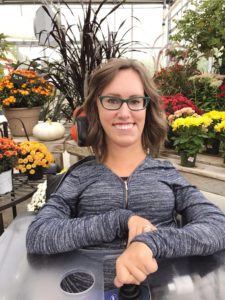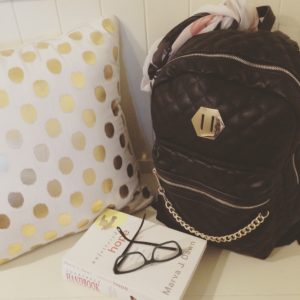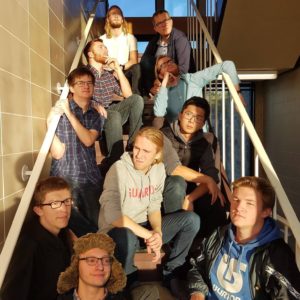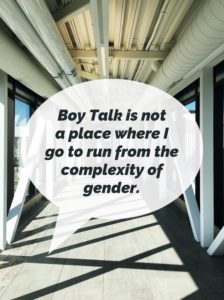Remember that final scene in The Breakfast Club? The one where Mr. Vernon finds the essay the kids wrote about who they thought they were?
“You see us as you want to see us… In the simplest terms, in the most convenient definitions. But what we found out is that each one of us is a brain…and an athlete… and a basketcase… a princess… and a criminal. Does that answer your question? Sincerely yours, The Breakfast Club.”
 And then Judd Nelson raises his fingerless-gloved fist as he marches across the football field to the tune of Don’t You (Forget About Me). Iconic.
And then Judd Nelson raises his fingerless-gloved fist as he marches across the football field to the tune of Don’t You (Forget About Me). Iconic.
If I’m being honest, I played the character of Mr. Vernon for a long time. I wanted so badly to have that one word, that simple definition that would tell others who I was. Sincerely yours, the Volleyball Player. Sincerely yours, the Artist. Sincerely yours, the Student. I was Mr. Vernon, asking myself “who do you think you are?” and expecting a convenient definition.
But obviously, Mr. Vernon is the antagonist of the film.
CMU was my Breakfast Club. The group of quirky oddballs in detention dancing in the library and scurrying down hallways who taught me that I am so much more than a simple term.
 At CMU I feel utterly undefined. I’m not just a volleyball player, or just an artist, or just a student. Those terms just scratch the surface of who I am. Here at CMU, I’m encouraged to explore and celebrate my passions and quirks that make me extraordinary.
At CMU I feel utterly undefined. I’m not just a volleyball player, or just an artist, or just a student. Those terms just scratch the surface of who I am. Here at CMU, I’m encouraged to explore and celebrate my passions and quirks that make me extraordinary.
CMU helped me write that essay to the Mr. Vernon I once was. I saw myself as I wanted to see myself. In the simplest terms, in the most convenient definitions. But what I found out was that I cannot be defined by a simple word or phrase. Does that answer your question? Sincerely yours, So Much More.
(Now do yourself a favour and play Don’t You (Forget About Me), don some fingerless gloves, and march yourself to a nearby football field with your fist in the air. Or just imagine it, that works too…)
– Chloe Friesen, 2nd year Communications and Media student


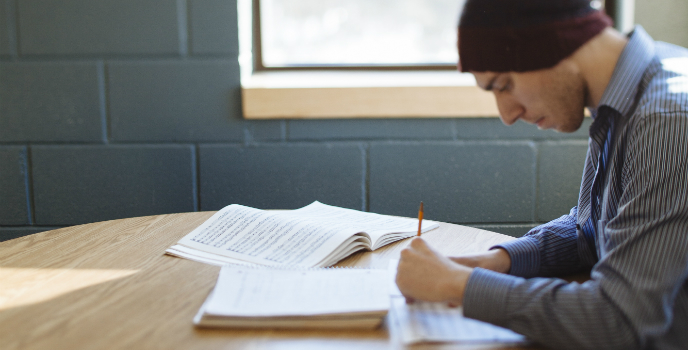 1. Have a point!
1. Have a point! 2. Uniqueness is key
2. Uniqueness is key 5. Cite reputable sources
5. Cite reputable sources